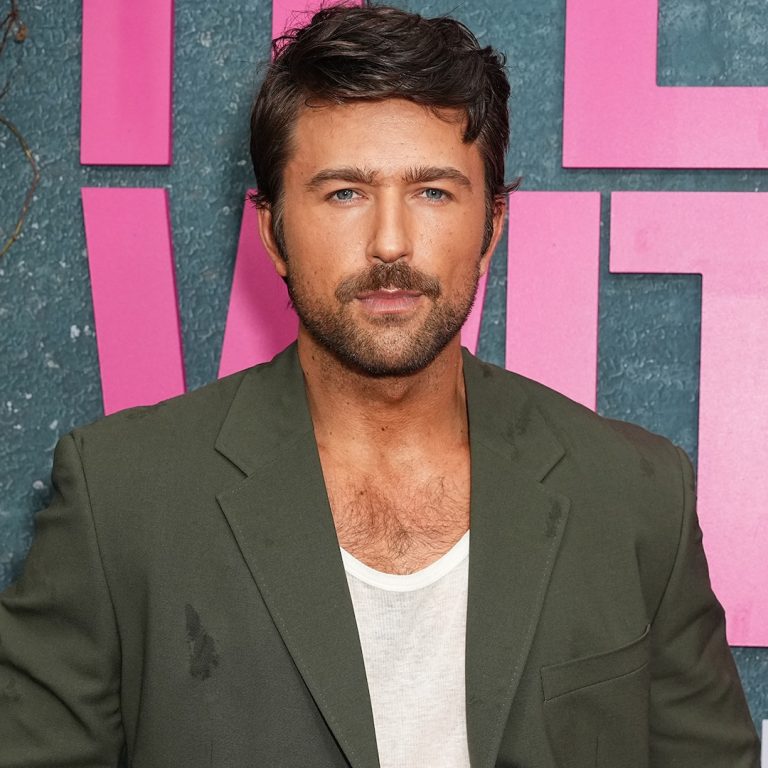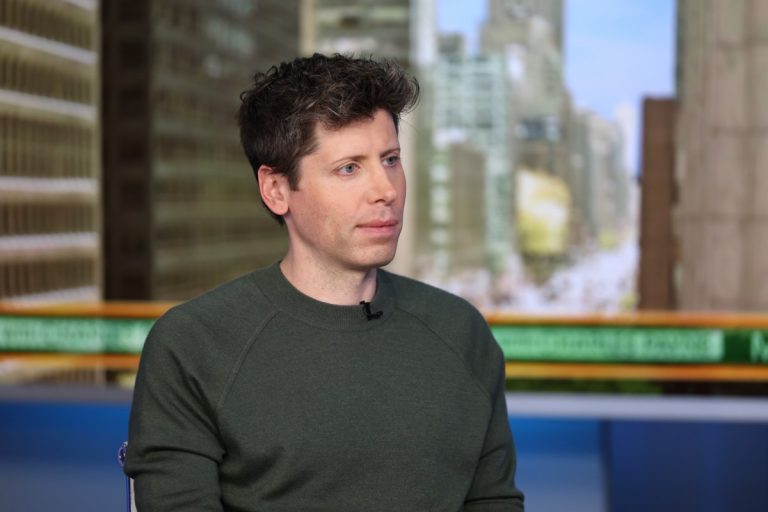Unlock the Editor’s Digest for free
Roula Khalaf, Editor of the FT, selects her favourite stories in this weekly newsletter.
Vanguard is carving out its $900bn wealth and advice business into a separate unit to speed investment and meet rising demand as its new chief executive sets his stamp on the world’s second-largest money manager.
CEO Salim Ramji and president Greg Davis announced the $10tn asset manager’s largest restructuring in more than a decade, touting the firm’s “willingness to reinvent ourselves based on [clients’] evolving needs” in a Monday email to Vanguard’s 20,000 employees.
Long a dominant participant in low-cost and index funds, Vanguard has been pushing into personalised advice since 2015 as a way of tapping new revenue sources and staying close to customers. The move comes as traditional asset managers fend off rising competition from fintechs, banks and alternative asset specialists and respond to client demand for help navigating an increasingly complex investment landscape.
While Vanguard’s personal adviser services were initially limited to clients with more than $50,000, the group added an all-digital option for smaller accounts in 2020. Vanguard significantly expanded the potential client base in September by dropping the minimum holding to $100.
“Clients really liked that offering. They wanted more,” Ramji told the Financial Times in an interview. “We have a real opportunity to democratise advice and wealth management more broadly.”
Ramji, Vanguard’s first chief to come from outside the group, said he believed the division now had the heft to stand on its own, rather than being part of the company’s broader offering to retail clients.
“This is an evolution of our strategy . . . That means additional leadership, additional focus and additional investment,” he said. “We’re going to need more advisers and we are going to continue to expand and build out our digital advice capability.”
Vanguard has tapped Joanna Rotenberg, a former McKinsey consultant who led wealth management at Toronto-based BMO and then headed up Fidelity’s personal investing business, to lead its new advice unit. Rotenberg split Fidelity’s wealth and brokerage offerings, much as Vanguard is doing, but left in late 2023 after just two years at the company.
“We get someone who has had experiences at different firms helping to build and expand and scale and democratise advice and wealth . . . as well as someone who is excited about the mission,” said Ramji, who worked with Rotenberg at McKinsey years ago.
The restructuring, which takes effect in January, will also combine Vanguard’s services for corporate retirement plans with those for outside financial advisers in a unit headed by John James, who will be elevated from his role running the institutional client business.
Since his arrival, Ramji has had to grapple with long-standing complaints about Vanguard’s clunky technology and customer service. Pulling wealth management out of the larger personal investing business will allow that group’s head, Matt Benchener, to focus on the 9mn self-directed investors who have driven Vanguard’s growth since Jack Bogle founded the group in 1975.
“With a focused direct offer, we can create a better experience for our current clients and make it even easier for more investors to be served by Vanguard,” the staff email said.
The changes also include the recruitment of Jon Couture from Principal Financial to be the new head of human resources.
Ramji said Vanguard planned to follow up next year by expanding its low-cost offerings in active fixed income and cash products and setting it up for the future as it prepares to turn 50 next year. The group’s unusual mutual structure means that much of its net revenue is ploughed back into lowering costs and adding services for clients.
“This is the first move of a series of moves . . . around bringing the Vanguard effect into fixed income and savings as well,” he said.

























+ There are no comments
Add yours